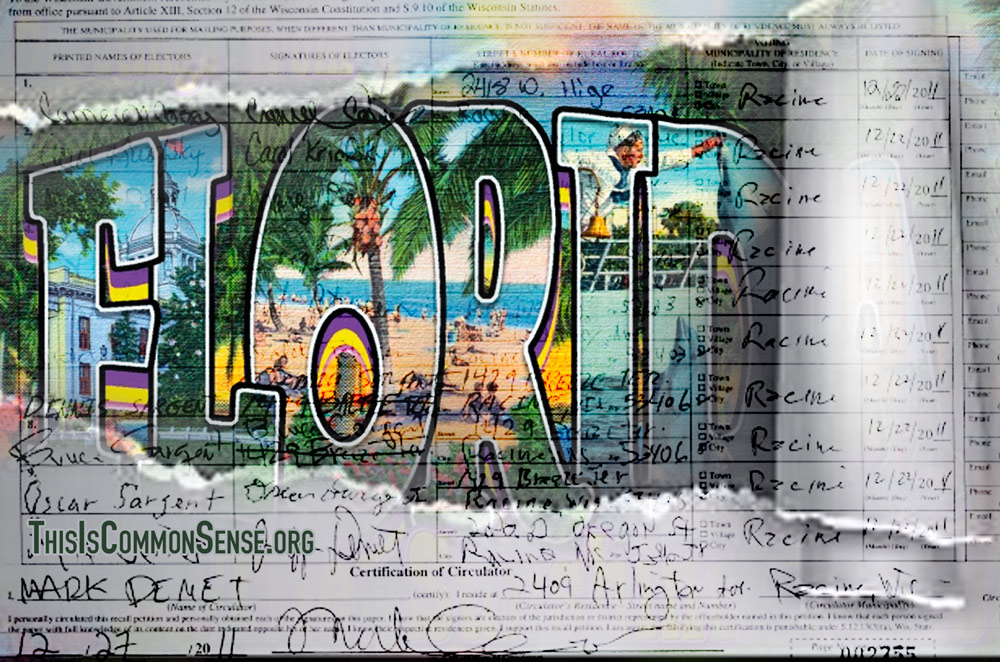State legislators placed Proposal 1 on the Michigan ballot to weaken their own term limits. It would let current incumbents stay up to twice as long in a single office and allow termed-out former legislators to return.
Nonetheless, its elite backers insist that it makes term limits tougher.
To give proponents something to talk about other than this term limits scam, Proposal 1 also adds weak financial disclosure requirements for legislators — similar to (but weaker than) the rules that keep the U.S. Congress … so clean and honest.
“Never have so few applied so much lipstick to such a pig,” is how one Michigan term limits activist describes it.
That’s big lie #1 on the Great Lakes State ballot.
Big lie #2 is Proposal 2, leftists’ feel-good voting rights measure funded by $10 million (and counting) in outside dark money (which I thought they abhorred). It guarantees stuff like a ballot dropbox on every corner and free postage for mailing back absentee ballots, etc., etc., etc.
Its real purpose is to place a new right into the Michigan Constitution: The right to vote WITHOUT showing any official photo identification. In fact, no ID whatsoever. Instead, the amendment establishes that simply signing a statement that, aw shucks, you are who you say you are, is all that can be required.
With Proposal 2 making any actual voter ID requirement unconstitutional, what’s their pitch to Michiganders?
“Proposal 2 etches voter ID into our state constitution,” declares one television spot.
Another proclaims Proposal 2 puts “voter ID requirements” into “our constitution” to make elections “safe and secure.”
Michigan’s Etch-a-Sketchiest insiders are actually promoting a prohibition of voter I.D. as a demand for that very thing. That’s the audacity of … fraud.
This is Common Sense. I’m Paul Jacob.
Illustration created with DALL‑E
—
See all recent commentary
(simplified and organized)





